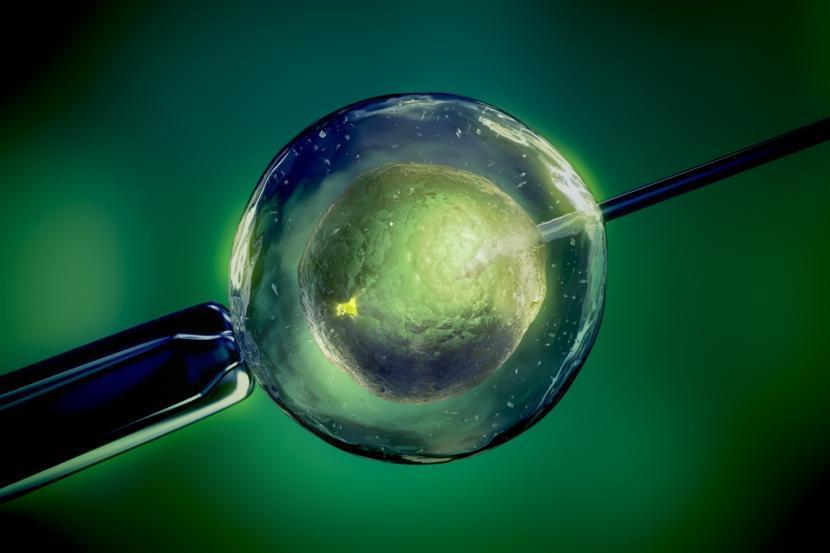Single Embryo Transfers Are Safer for Having Healthy a Baby

According to an international study published in the journal BMJ, women who have single embryo transfer rather than double embryo transfer have more chances of having a full-term pregnancy in in vitro fertilization. This study was a review of medical literature carried out by D.J. McLemon, an investigator at the University of Aberdeen in Scotland, and colleagues. The researchers analyzed the data from 1,367 women who were participants of eight different clinical trials. About 50% of the participants had single embryo transfer while the other half had double embryo transfer.
There is a paucity of information regarding the consequences of single vs. double embryo transfer and whether there is an increased risk of miscarriage or premature birth with one of these techniques. Single embryo transfer is known to reduce the complications of multiple pregnancies and this includes the maternal illness and death. But, there was always a doubt that double embryo transfer may increase the chances of having a baby.
Data analysis shows that 27% of the women who had single embryo transfer gave birth, when compared to 42% of the women who had double embryo transfer. Researchers found that when the additional frozen single embryo was transferred after sometime following the single embryo, 38% of the women gave birth. Among the participants who gave birth, 87% of the women who had single embryo transfer delivered a baby after a full term, when compared to 60% of the women who had double embryo transfer.
According to the researchers, doctors should recommend single embryo transfer to the patients who are undergoing IVF and the study results will be of help to make an informed decision. As there is an opportunity for replacing the single frozen embryo in the subsequent cycle, this technique might be ideal.










